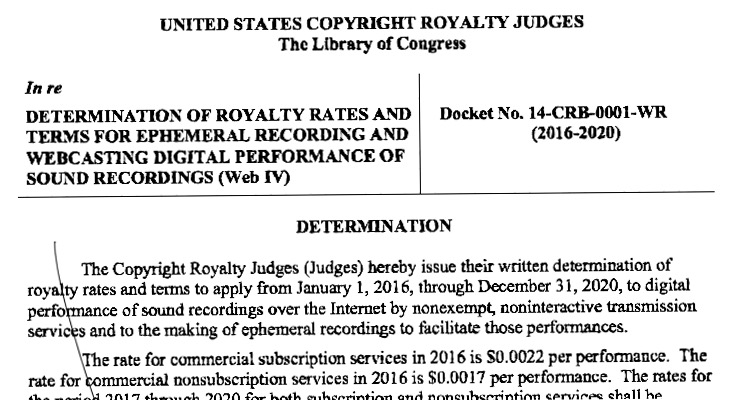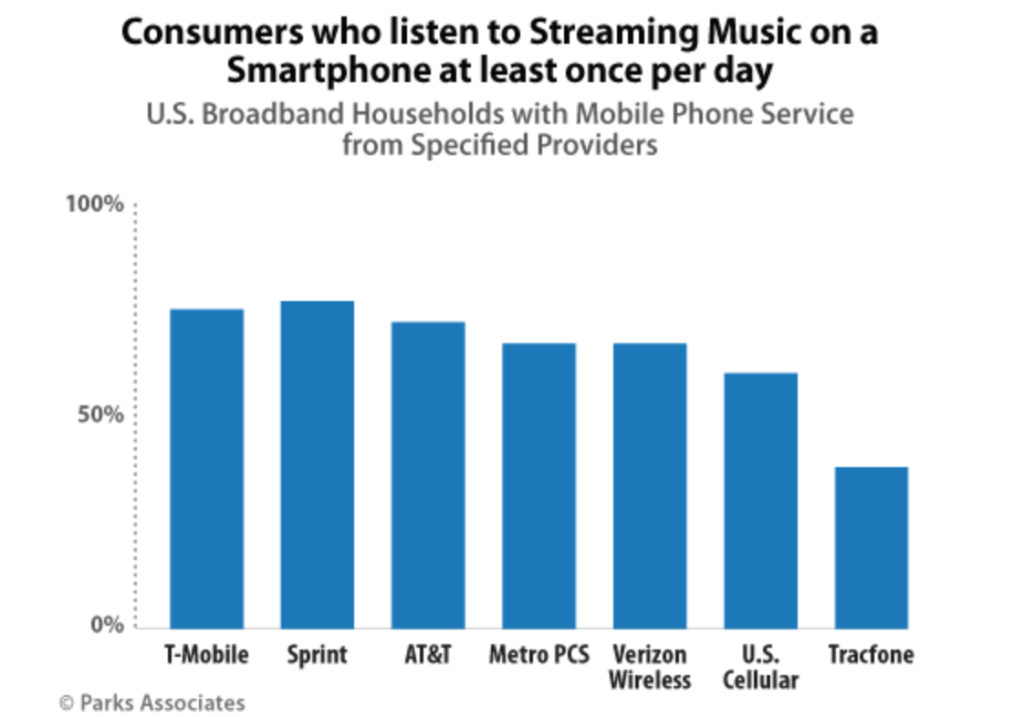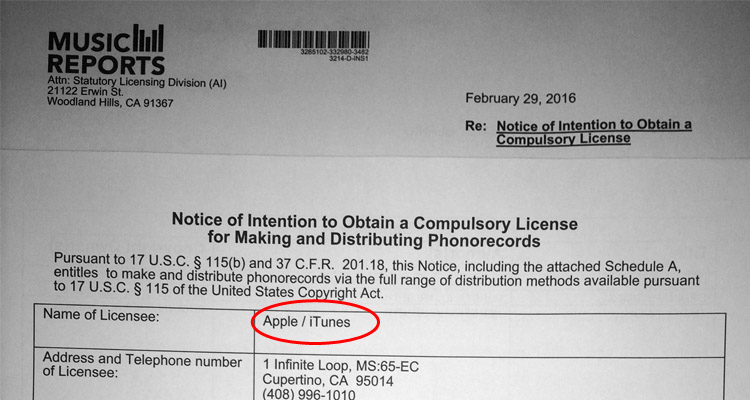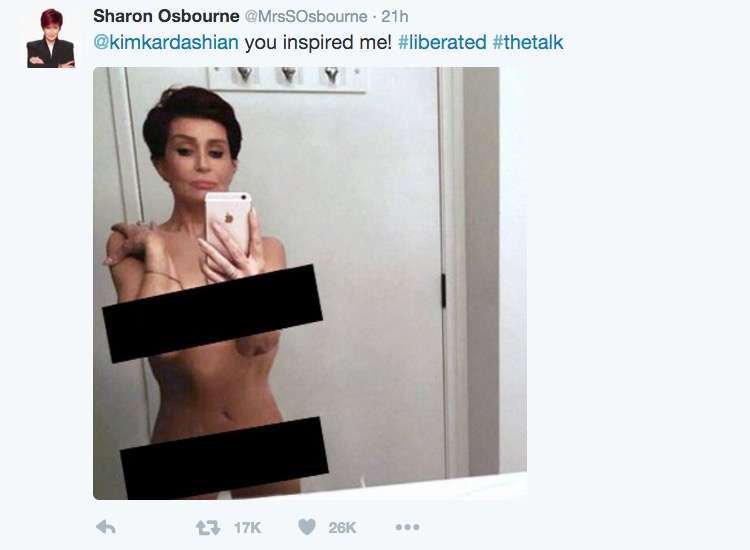The Eagles of Death Metal are a band desperately trying to recover from the horrific events of November 13th, with a public apology from frontman Jesse Hughes revealing a tormented post-traumatic struggle.
Last week, Eagles of Death Metal frontman Jesse Hughes dropped an accusatory bombshell by implicating Bataclan security officials in the bloody attacks of November 13th. “When I first got to the venue and walked in, I walked past the dude who was supposed to be the security guard for the backstage,” the singer relayed. “He didn’t even look at me. I immediately went to the promoter and said, ‘Who’s that guy? I want to put another dude on.’ He said, ‘Well, some of the other guards aren’t here yet.’ And eventually, I found out that six or so wouldn’t show up at all.”
“Out of respect for the police still investigating, I won’t make a definite statement, but I’ll say that it seems like they had a reason not to show up,” the Eagles of Death Metal singer concluded.
That prompted an angry response from the Bataclan venue, which blasted the comments as both “defamatory” and downright “insane” in an issued statement.
“Jesse Hughes spread some very grave and defamatory accusations against the Bataclan teams. A judicial investigation is undergoing. We wish to let justice proceed serenely. All the testimonies gathered to this day demonstrate the professionalism and courage of the security agents who were on the ground on November 13. Hundreds of people were saved thanks to their intervention.”
Whether half-a-dozen Bataclan security guards were mysteriously absent is a serious issue that remains unanswered. And Hughes’ accusations of suspiciousness involving guards actually on duty are similarly unaddressed. Perhaps those questions aren’t worth answering, however: this weekend, Hughes offered a heartfelt apology, while opening up about serious post-traumatic disorders that are complicating a once-hopeful recovery. “I humbly beg forgiveness from the people of France, the staff and security of the Bataclan, my fans, family, friends and anyone else hurt or offended by the absurd accusations I made,” Hughes offered in a formal response. “My suggestions that anyone affiliated with the Bataclan played a role in the events of November 13th are unfounded and baseless — and I take full responsibility for them.”
“I’ve been dealing with non-stop nightmares and struggling through therapy to make sense of this tragedy and insanity. I haven’t been myself since Nov. 13.”
“I realize there’s no excuse for my words, but for what it’s worth: I am sincerely sorry for having hurt, disrespected or accused anyone.”
Image by Anna Hanks, licensed under Creative Commons Attribution 2.0 Generic (CC BY 2.0).
The post Eagles of Death Metal Singer Battling ‘Non-Stop Nightmares,’ ‘Struggling Through Therapy’ appeared first on Digital Music News.












